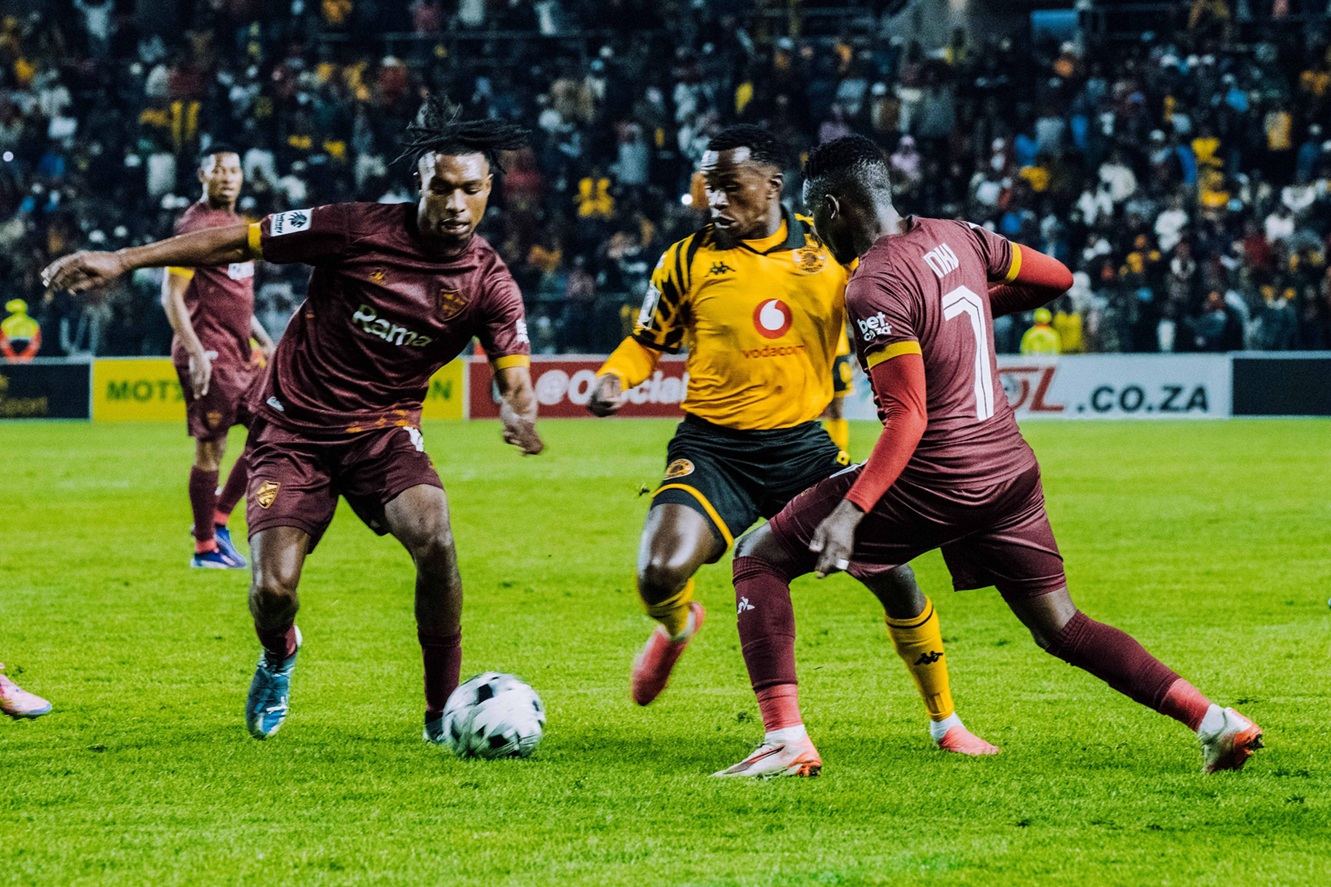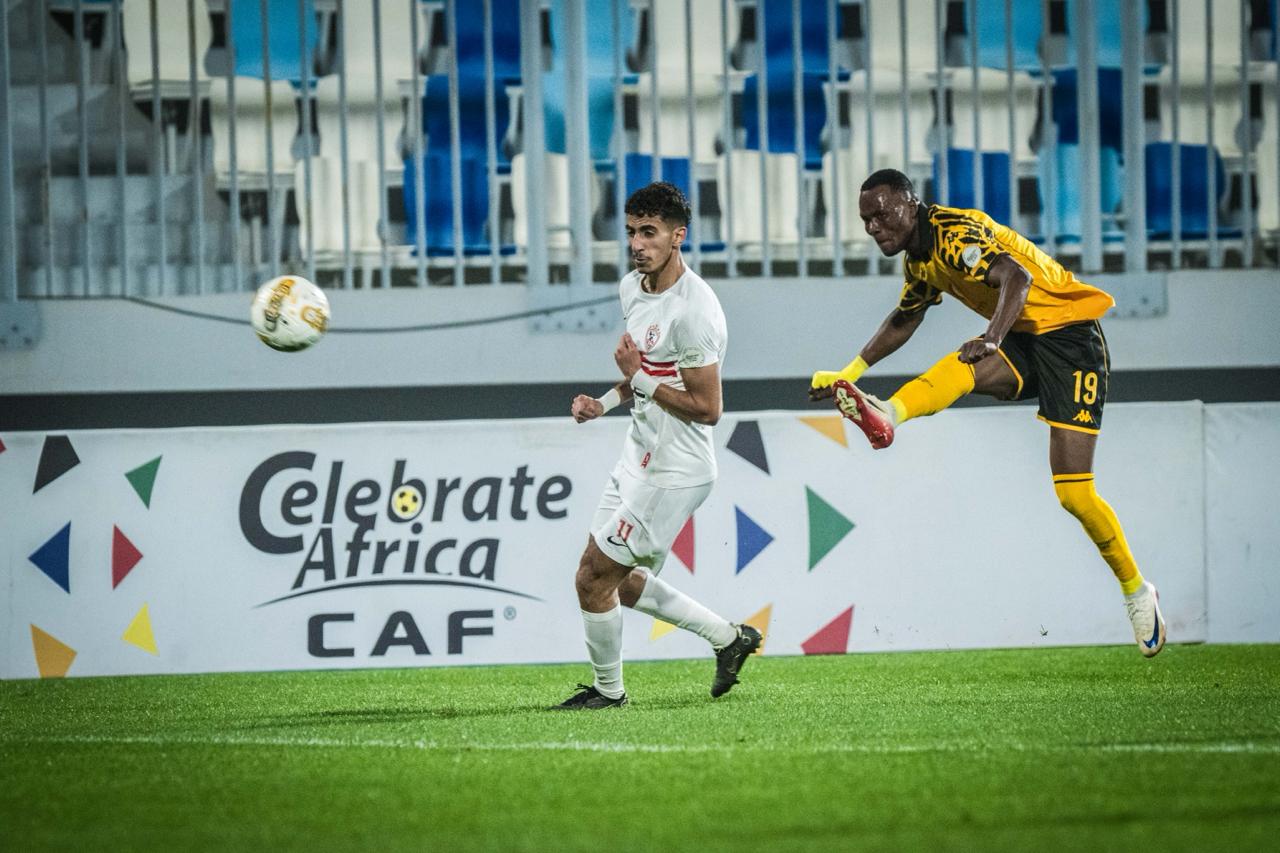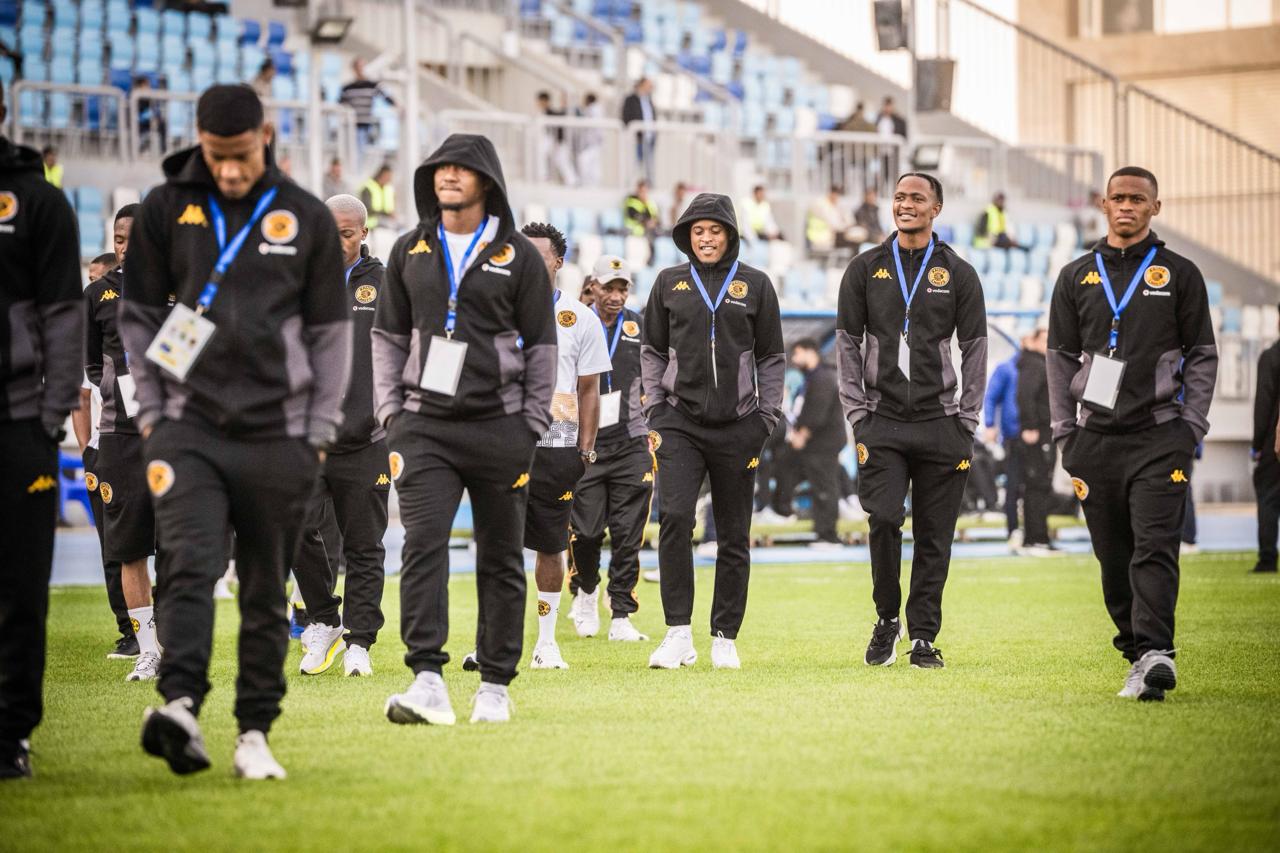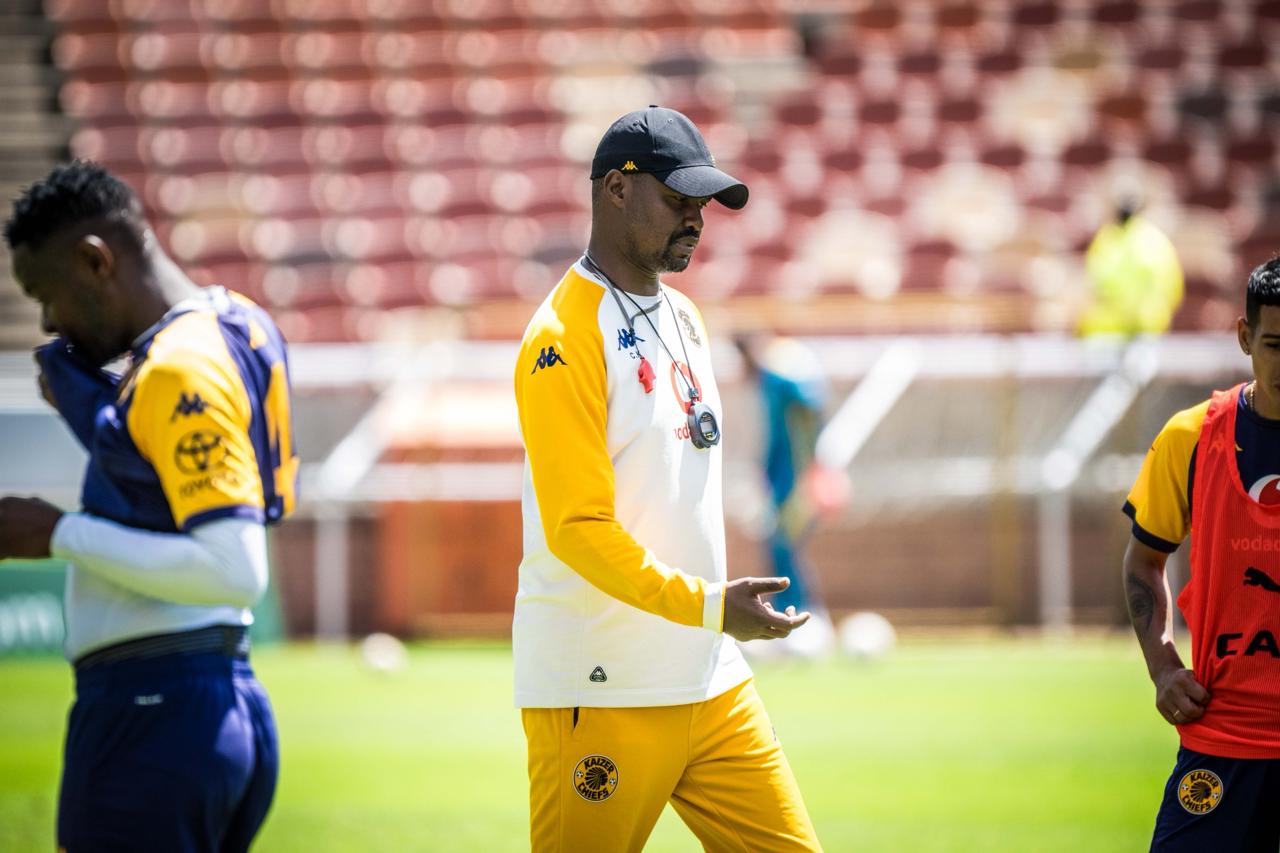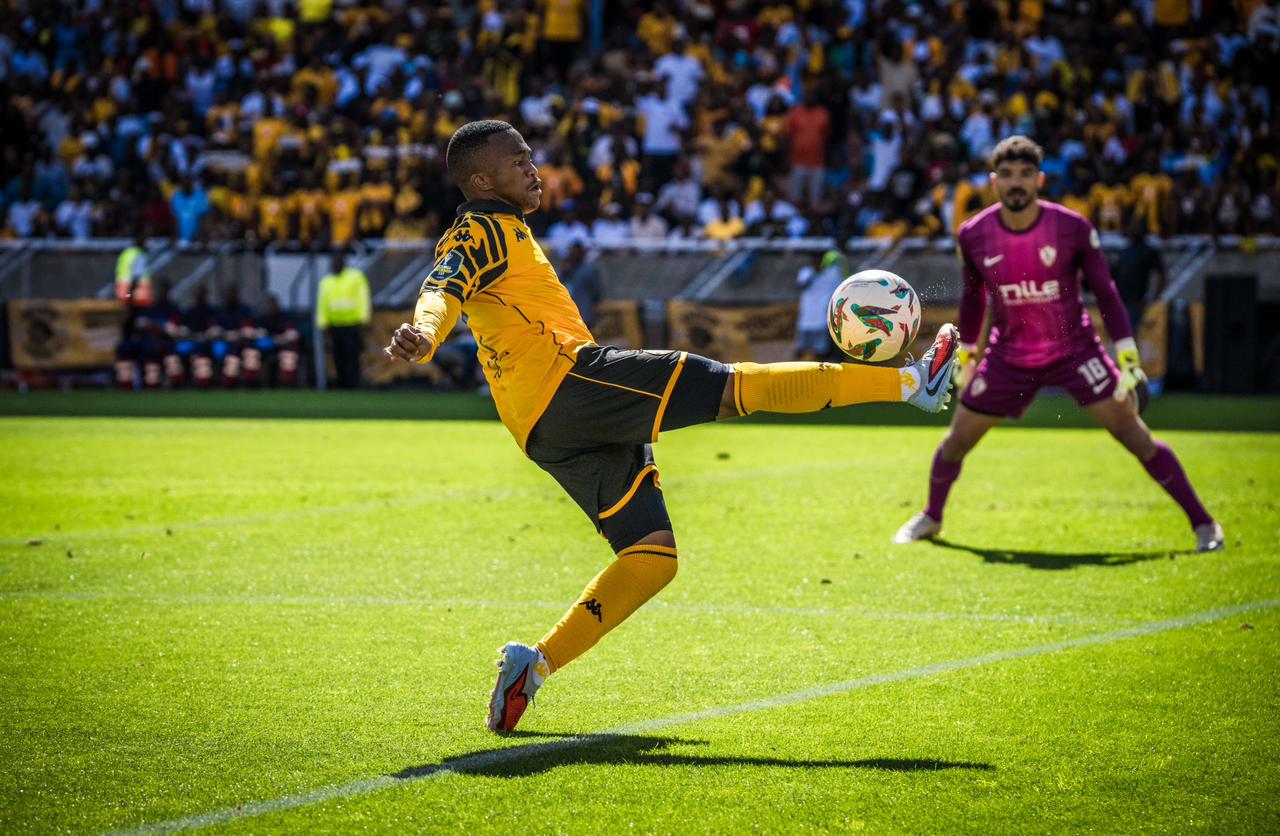Posted in Features, News on Jun 18, 2020.

This great player was Amakhosi’s first captain and a brilliant midfielder. According to the police at the time, he was hit by a stray bullet.
‘Pro’ was not only an exciting footballer, he was also a teacher at the Wilberforce Community College in Evaton, a township north of Sebokeng.
“He was a very quiet person,” adds Masike. “We loved listening to music, especially Soul, and then discuss it.”
Masike and Kgongoane were teammates at Ramblers Deluxe, before joining Kaizer XI in late 1969. “That’s where we became very close friends,” Masike looks back.
The midfield combination of Kgongoane and Petros ‘Ten-Ten’ Nzimande was without comparison. ‘Pro’ could both win the ball and open up opponents with defence splitting passes, often to attackers like Michael ‘Bizzah’ Dlamini and Herman ‘Pelé’ Blaschke.
“Pro was above all a very intelligent player,” comments Masike, “he held the midfield together.”
Chiefs’ former midfield strategist Vusi ’Computer’ Lamola also speaks with sadness about Kgongoane’s unnecessary death in 1976.
“Pro was a soccer player, a teacher and a community leader,” he reflects. “His death during such as a horrific time in our history is such a great loss. How sad that freedom can’t be won through water, but often through blood.”
Lamola, who is a pastor nowadays, also reflects on the events on and following 16 June 1976, when students began to protest in the streets of Soweto in response to the introduction of Afrikaans as the medium of instruction at local schools in 1976. An estimated 20 000 school kids took part in the protests. Sadly, many students paid the ultimate price in the process.
“That date brings back all those memories, not pleasant ones… In fact, one can say it is mixed memories. The youth fought against an evil system – a battle that should actually have been fought by others. However, the changes we have won since have been thanks to those youth who revolted against the system in 1976.”
At present, especially after the death of George Floyd at the hands of policemen in the US, Black Lives Matter is getting worldwide attention, including here in South Africa.
When it comes to Black Lives Matter, Lamola comments that “racism is not something on paper, it’s a mindset, an attitude.
“We have to understand that the spirit of the human being is not determined by one’s colour, but by one’s spirit – spirit has no colour.
“If we are able to see it this way, to see it from God’s perspective, we will be able to overcome. It’s never to late to do that and it’s certainly not impossible. It all depends on us, as members of the globe,” Lamola concludes.

